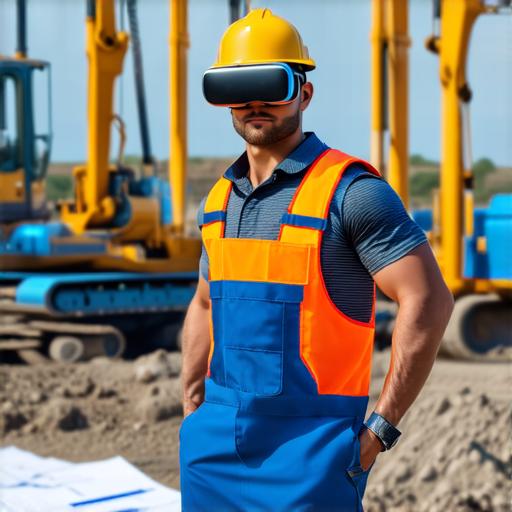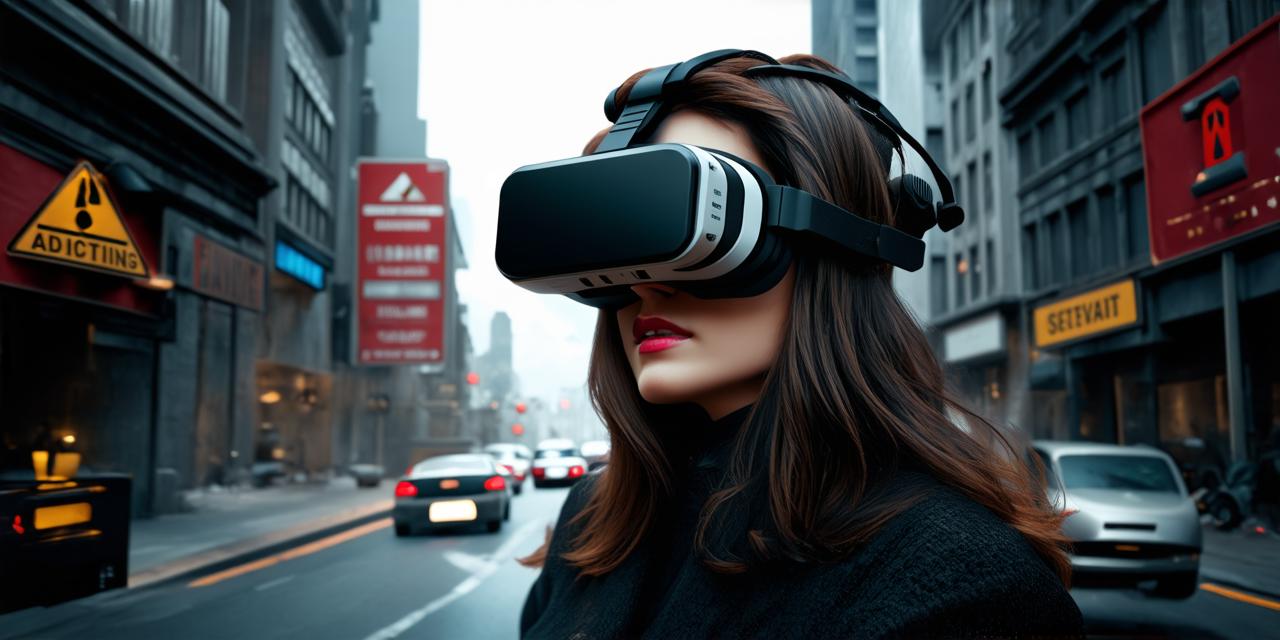Virtual reality (VR) technology is transforming industries across the board, and the construction industry is no exception. By providing a simulated, immersive environment, VR allows construction professionals to visualize, plan, and collaborate on projects in ways that were previously not possible.
Improving Visualization and Planning
One of the key benefits of using VR in construction is the ability to improve visualization and planning. With VR technology, architects and builders can create a virtual representation of their project, allowing them to see and interact with it as if it were real. This allows for more accurate and detailed planning, reducing the likelihood of errors or miscommunications that can occur in traditional 2D plans. Additionally, VR provides a platform for clients and stakeholders to view and provide feedback on the project, ensuring that everyone is on the same page.
Enhancing Collaboration
Another major advantage of using VR in construction is the ability to enhance collaboration among team members. By providing a shared virtual environment, VR allows team members from different locations and backgrounds to work together seamlessly. For example, architects, builders, and engineers can collaborate on designs and plans in real-time, without the need for physical presence in the same location. This not only saves time and money, but also improves communication and coordination, ultimately leading to a more efficient and successful project.
Streamlining the Construction Process

Virtual reality technology can also help streamline the construction process. By using VR simulations, builders can test and refine designs before physically building them, reducing the likelihood of errors or costly mistakes. Additionally, VR can be used to train workers on new techniques and procedures, ensuring that they are fully prepared for the job. This can lead to faster completion times and improved quality of work.
In conclusion, virtual reality technology has the potential to revolutionize the construction industry. By improving visualization and planning, enhancing collaboration among team members, and streamlining the construction process, VR can help construction professionals achieve greater efficiency and productivity. As VR technology continues to evolve, we can expect to see even more innovative applications in the construction industry in the years come.



